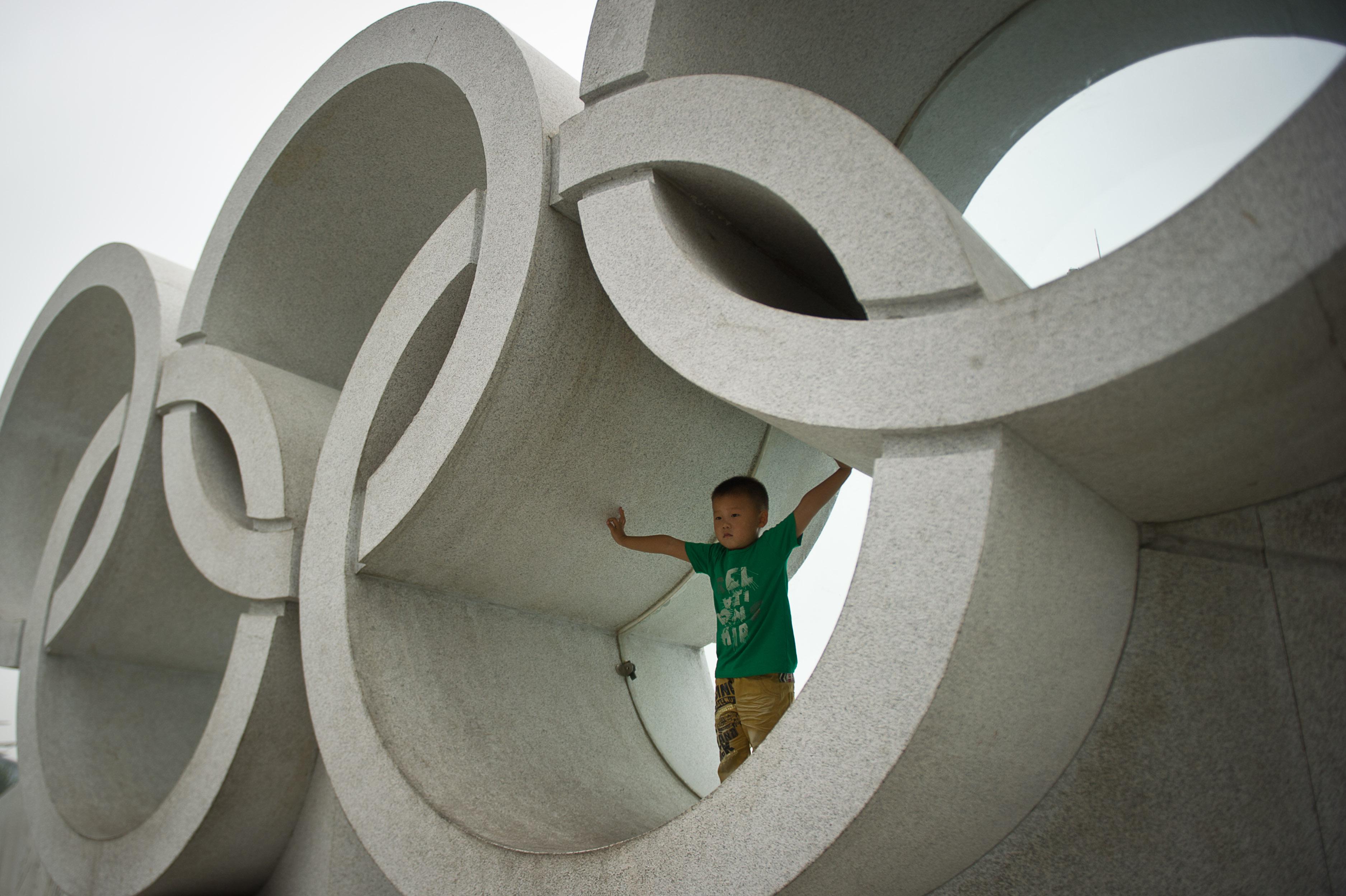The news is out today that there will be an official D.C. 2024 Olympic bid, pitching the idea of hosting the games both in the district and in nearby facilities in Maryland and Virginia. Reaction on my Twitter feed has been swift and overwhelmingly negative, but I’d actually like to see the terms of the bid.
Skepticism is warranted, however. With the exception of the Barcelona and Athens games, hosting the Olympics almost invariably proves to be costly with economic benefit projections coming in far short of what’s promised. But as I’ve learned more about the problems of local transportation infrastructure, I’ve become less uniformly hostile to the idea of hosting mega-events.
The issue is that if you look around the region, there are lots of ways that we could make things better that currently lack the right kind of political momentum behind them. For example, to create a situation in which you could ride VRE trains through Union Station onto the MARC routes in Maryland (and vice versa) would take some money. You’d need to upgrade a bridge over the Potomac, possibly build a new platform at L’Enfant Plaza, and alter the platform heights on some VRE stations. But what it would take most of all is what always makes commuter rail through-running challenging—you’d need to crack some heads to force agencies to collaborate.
Similarly, building a tunnel to allow transfers from Farragut North to Farragut West would cost some money. But the problem is not so much in finding the money as in deciding who should pay for it. The project would be located inside the District of Columbia, but since the objective is to facilitate downtown transfers much of the benefit would flow to the suburban jurisdictions. Worse, unlike a project to build new lines or new stations, a Farrugut Square tunnel has no obvious benefit to real-estate developers who can form the political constituency for the change.
An Olympic Games is an opportunity to address this kind of problem. If you do a literal cost-benefit analysis of hosting the games, what you’ll find is that doing it doesn’t make a ton of sense. After all, these are good ideas precisely because they’re good ideas whether or not you host the Olympics. The only truly Olympics-specific projects that the Olympics induces are very low-value things like an equestrian center. But in the real world, state and local governments don’t just go around making optimal infrastructure investments all the time and then lard on marginal boondoggles when the Olympics come to down. Real world state and local governments are constantly ignoring low-hanging infrastructure fruit for what amount to political reasons. An Olympic Games is a change in political context and thus—potentially at least—a useful and important chance to pick some of this fruit. Consequently, as a local resident it makes a lot of sense to actually see what the proposal looks like before you make up your mind. There are good odds that the political obstacles to fixing problems will simply be ratified by the proposal, in which case you should give it the thumbs down. But it’s worth taking a look to try to see if the people behind the bid are identifying some good ideas and if the Olympics can be a vehicle for getting those ideas implemented.
